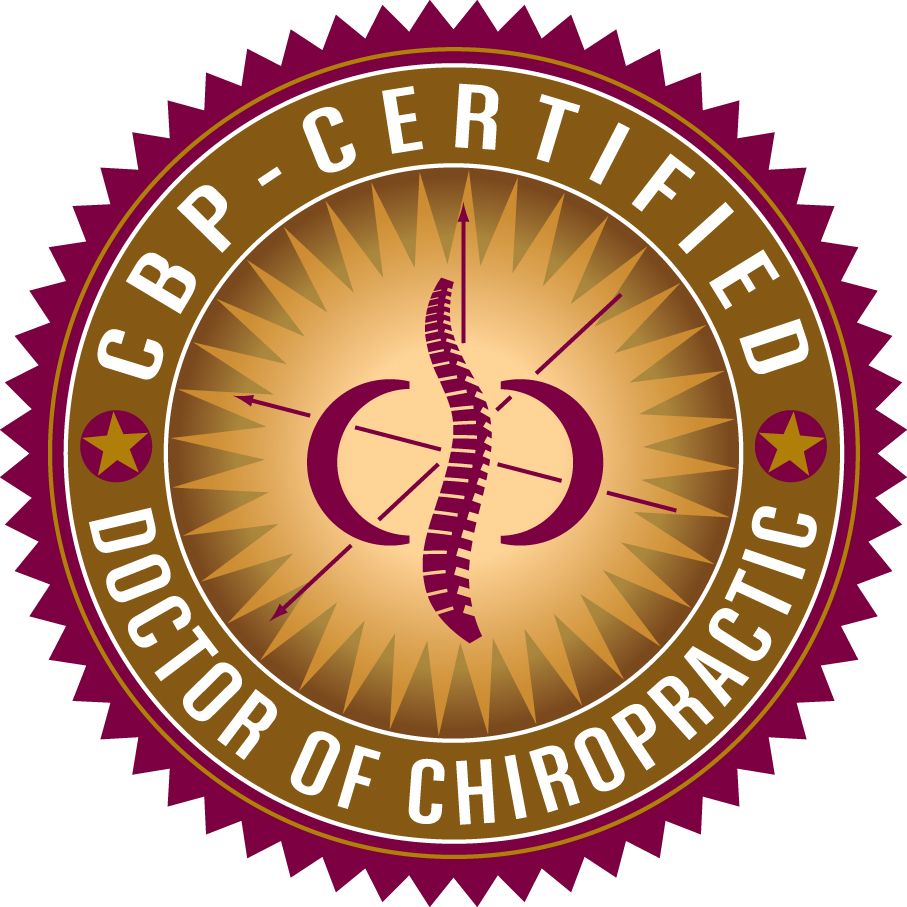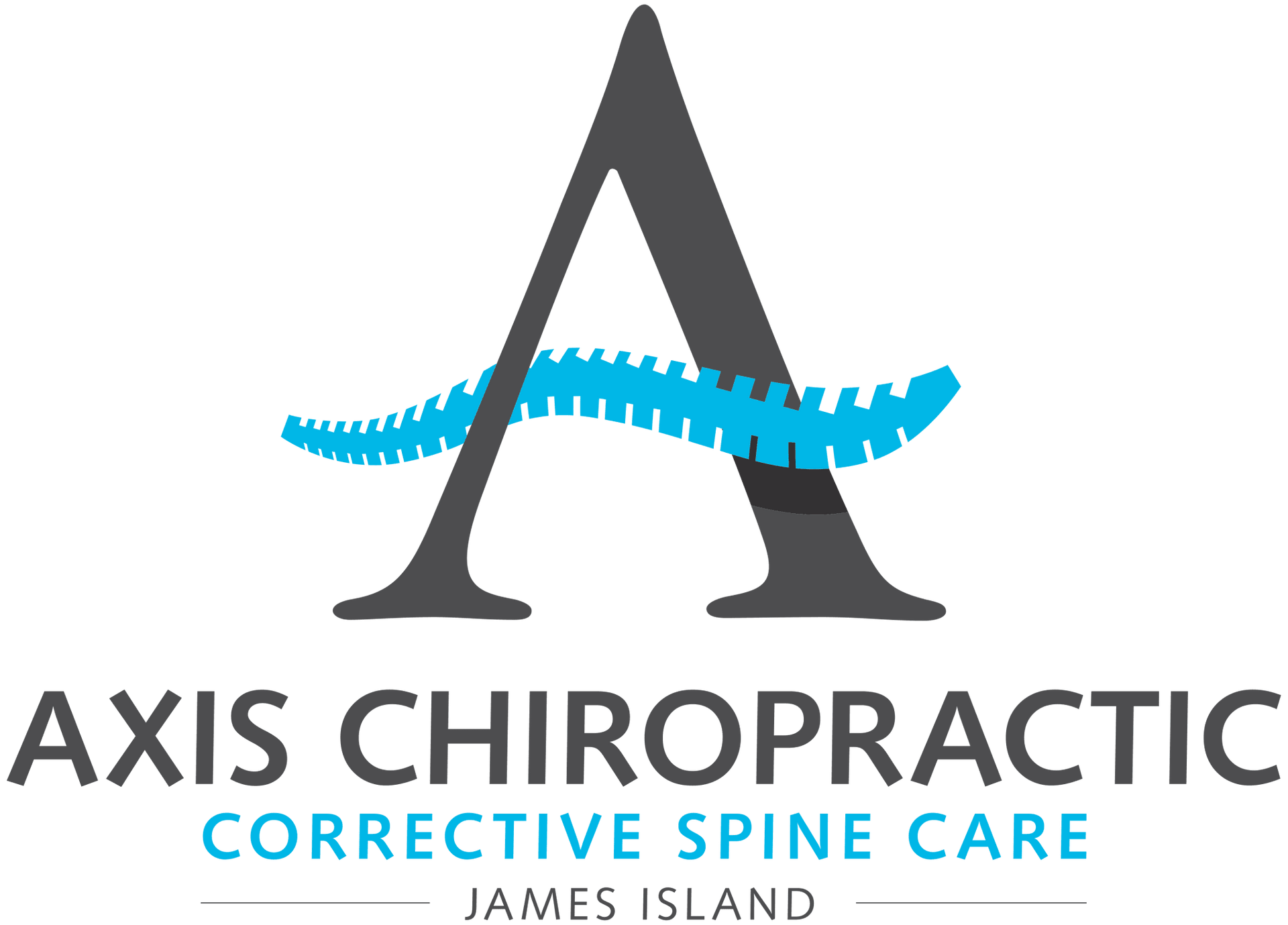Comprehensive Care for Pain Relief: Specialized Chiropractic Treatments for Charleston, SC & Beyond
Axis Chiropractic, your go-to source for comprehensive care in Charleston, SC, covering James Island and the surrounding areas, will help you start your road toward maximum health. Our skilled team of doctors and therapist has over 24 years of experience in treating various spine and joint conditions for people of all ages. From traditional chiropractic care to posture correction, Class IV Laser Therapy, Miracle Wave Acoustic Therapy, Spinal Decompression and our newly added Knee-On-Trac knee therapy, we have a natural solution for your health goals.
From reducing persistent pain to improving general well-being, we customize our approach to meet your unique requirements. Make an appointment with Axis Chiropractic by calling today to start on the path to a pain-free, better life. Our top priority is your well-being.

Chiropractic Conditions We Can Treat:
This is not a comprehensive list. We believe that healing, and not just treating symptoms, is the path to living well and pain free! If you you are seeking treatment for something other than what is listed here, we may have a solution for you, give us a call!
A herniated disc happens when the soft center pushes through a rip in the outer layer. It is also referred to as a slipped or ruptured disc. The discs situated between the spinal vertebrae serve as shock absorbers. A herniation may press against neighboring nerves, causing discomfort, numbness, or weakness. Treatment is based on each patient's unique symptoms and health; therefore, a healthcare provider's consultation is necessary for an accurate diagnosis and a customized treatment plan.
Neuropathy
A disorder known as neuropathy involves harm or malfunction of the nerves, especially those in the peripheral nervous system. The peripheral nervous system made up of nerves not part of the brain or spinal cord, transfers signals from the central nervous system to the body's other systems, including the limbs and organs. Neuropathy can cause various symptoms by affecting the motor, sensory, and autonomic nerves.
Sports Injuries
Do you have a past sporting injury? These injuries, which can result from mishaps, poor instruction, or a lack of warm-up, can damage bones, muscles, ligaments, and tendons. Some people use chiropractic care as a modality to manage pain and increase mobility to feel better and perform better. Our Class IV Deep Tissue Laser Therapy & Miracle Wave Therapy are highly effective in treating soft tissue & joint injuries that often result from sports activities.
Tennis & Golfer’s Elbow
Golfer's elbow and tennis elbow can be crippling, impairing everyday functioning and athletic ability. Our goal at Axis Chiropractic is to reduce pain and promote healing with specific treatments for these problems. Our strategy includes providing individualized care to address the underlying issues and improve elbow function. We work to reduce pain using specific techniques so that people can restore their strength and flexibility and quickly resume their active lives.
Spinal Stenosis
The medical disorder known as spinal stenosis is characterized by the narrowing of the gaps within the spine, which may result in pressure being applied to the spinal cord and nerves. This narrowing usually takes place in the spinal canal, which contains and shields the spinal cord and nerve roots. People who have spinal stenosis may feel pain, numbness, weakness, or other symptoms as a result of this compression.
Hip / Knee / Ankle Plantar Fasciitis Pain
Joint pain is a frequent problem that can affect the knee, hip, and ankle and can have a variety of causes. These intricate joints are essential for both enabling movement and sustaining body weight. A wide range of symptoms can accompany pain, which can interfere with everyday activities, whether acute accidents or chronic diseases bring it on.
Neck Pain & Injuries
A common problem, neck pain, can be caused by a number of things, including bad posture, strained muscles, and underlying medical disorders. The neck's delicate components, including muscles, ligaments, and cervical discs, are essential for bearing the head's weight and allowing for movement. Pain in this region can make it difficult to do everyday tasks, leading people to look for practical ways to relieve their discomfort and increase their mobility.
Wrist Pain & Injuries
Injuries or pain in the wrist can interfere with everyday tasks and reduce general functionality. To address and relieve wrist discomfort, Axis Chiropractic offers specialist care, regardless of the cause—overuse, trauma, or underlying issues. Our strategy entails customized therapies to lessen discomfort, encourage healing, and restore ideal wrist function. We work to assist people to regain wrist strength and mobility while strongly emphasizing individualized therapy, which will improve their general well-being.
Shoulder Pain & Injuries
Shoulder pain can seriously impair everyday activities and lower overall quality of life. It frequently results from a variety of causes, including overuse, injury, or underlying disorders. Our area of expertise at Axis Chiropractic is providing focused care for injuries and pain in the shoulder. Our individualized strategy is to reduce pain, encourage healing, and restore the best possible shoulder function. We assist patients in regaining shoulder strength and mobility, emphasizing personalized care and enabling them to resume an active and pain-free lifestyle.
Headache & Migraine
The treatment of headaches and migraines needs to be focused. These illnesses, frequently brought on by stress or strain, can significantly affect day-to-day functioning. At Axis Chiropractic, we use specific methods to treat the underlying causes of pain and relieve it. Our customized therapies are designed to lessen the frequency and severity of headaches, offering efficient relief and promoting general health.









